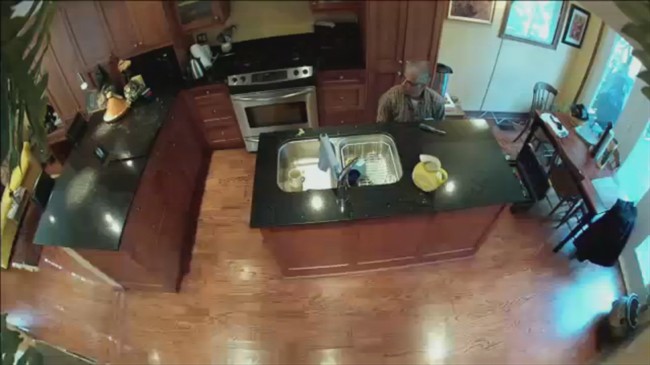Two Conservative candidates became former candidates on Labour Day: one for making and filming prank phone calls on YouTube, and one for peeing in a client’s mug in a video aired on national television.

Tim Dutaud and Jerry Bance are just the latest to join a long list of candidates from all parties who were unceremoniously dumped due to past indiscretions. But how did they end up on the ballot in the first place?
READ MORE: Two Conservative candidates dropped after urination incident, prank call videos
In theory, parties have stringent vetting procedures.
“I think in many ways it’s equivalent to a job application process,” said former NDP campaign worker Alex Bushell.
First, the potential candidate fills out a questionnaire.
According to former campaign strategists for the Liberals, Conservatives and NDP, the questionnaire asks about things like employment history, family and political background. It also asks whether the would-be candidate has ever been convicted of – or even charged with – a crime, whether they have ever declared bankruptcy and whether they have had any other legal issues.
And according to former Conservative strategist Tim Powers, they also ask whether there are any incidents that could be embarrassing if made public, and whether they have ever made public statements about the party or that would contravene the party’s core issues and values.
- Alberta to overhaul municipal rules to include sweeping new powers, municipal political parties
- Grocery code: How Ottawa has tried to get Loblaw, Walmart on board
- Military judges don’t have divided loyalties, Canada’s top court rules
- Norad looking to NATO to help detect threats over the Arctic, chief says
Potential candidates are often asked which social media networks they use, as well as their usernames so parties can check what they’ve written in the past.
Once they have the questionnaire, a party does the same thing a hiring committee might do – call references, google the candidate, sift through social media history.
“One of the things they’re probably looking at is, ‘How could this be used by a rival candidate against my candidate?’” Bushell said.
But although there may be red flags, not everything is an immediate disqualification, he said. For example, although parties generally don’t like when their potential candidates have said negative things about the party in the past, they readily accept floor-crossers who have often done so repeatedly.
Generally, parties check enough, he said. “The thing with vetting is it goes well 95 per cent of the time, probably higher than that.”
Through the cracks
But sometimes they miss things, mostly because they just don’t have the resources to do all the work, strategists said.
“They have 338 candidates to get nominated. And in each of those situations, there could well be multiple people contesting that nomination. So you could feasibly be looking at 1,000 people,” Bushell said.
That’s a lot of googling and tweet-sifting.
“I don’t think parties are well-enough resourced to do thorough checks on more than 300 candidates. They expect people to voluntarily disclose problems,” said Elly Alboim, a former Liberal strategist.
Limited resources mean parties prioritize, Powers said.
“If you’re in a riding that you really want to win, or can win, or an incumbent riding where the incumbent has perhaps stepped out, then it’s more likely that that candidate is going to get greater scrutiny than a riding where your chances of winning are slim-to-none,” he said.
“In the case of the two candidates that were punted yesterday, clearly these weren’t – not to be disrespectful to them – but from the Conservative perspective I don’t think they were seen as candidates that could actually win.”
But a problem candidate, even in a low-priority riding, can have an impact on the national campaign. Usually, the impact is fleeting.
“Every party is susceptible to these candidate issues getting into the news. And sometimes it’s really a 12-hour, 24-hour thing. It comes in the media and it goes in the media,” Bushell said.
Unfortunately for the party, that day or two the leader spends fielding questions about his candidates is one less day spent on-message, talking about campaign issues.
“You want winning days, not distracted days, and it’s a distracted day when this stuff happens,” Powers said.
And it’s bad news if people outside the Ottawa political bubble start talking about a problem candidate, said Bushell.
“When these things leave the political bubble, they get more dangerous for a party because the people who aren’t necessarily paying as much attention can link them back to the party in their minds.”




Comments